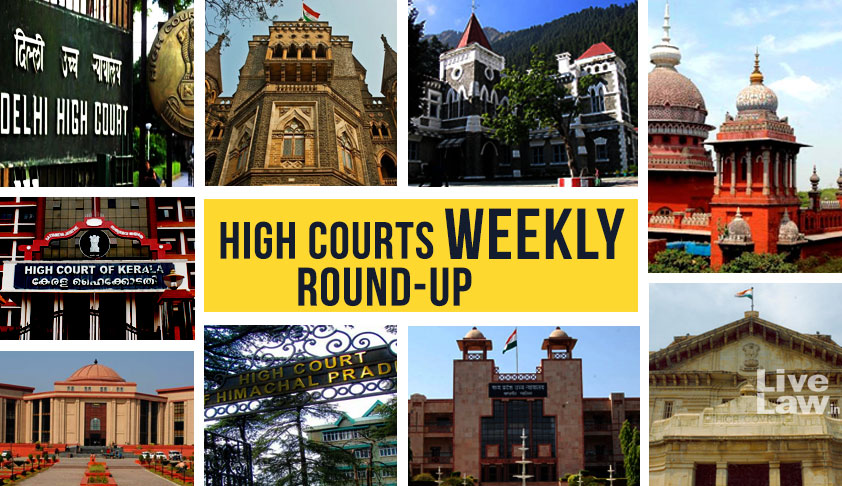- Home
- /
- News Updates
- /
- High Courts Weekly Round-Up
High Courts Weekly Round-Up
Ashok K.M
23 Oct 2017 11:12 AM IST
Allahabad High CourtDismissing a plea challenging Uttar Pradesh Government’s ‘forcing’ students of Madarsas to sing the National Anthem, the Allahabad High Court observed that the singing of the national Anthem is not just a constitutional duty but also fosters the spread of the spirit of democracy, secularism and the integrity of the nation.Andhra Pradesh High courtEmphasizing the need...
Next Story



